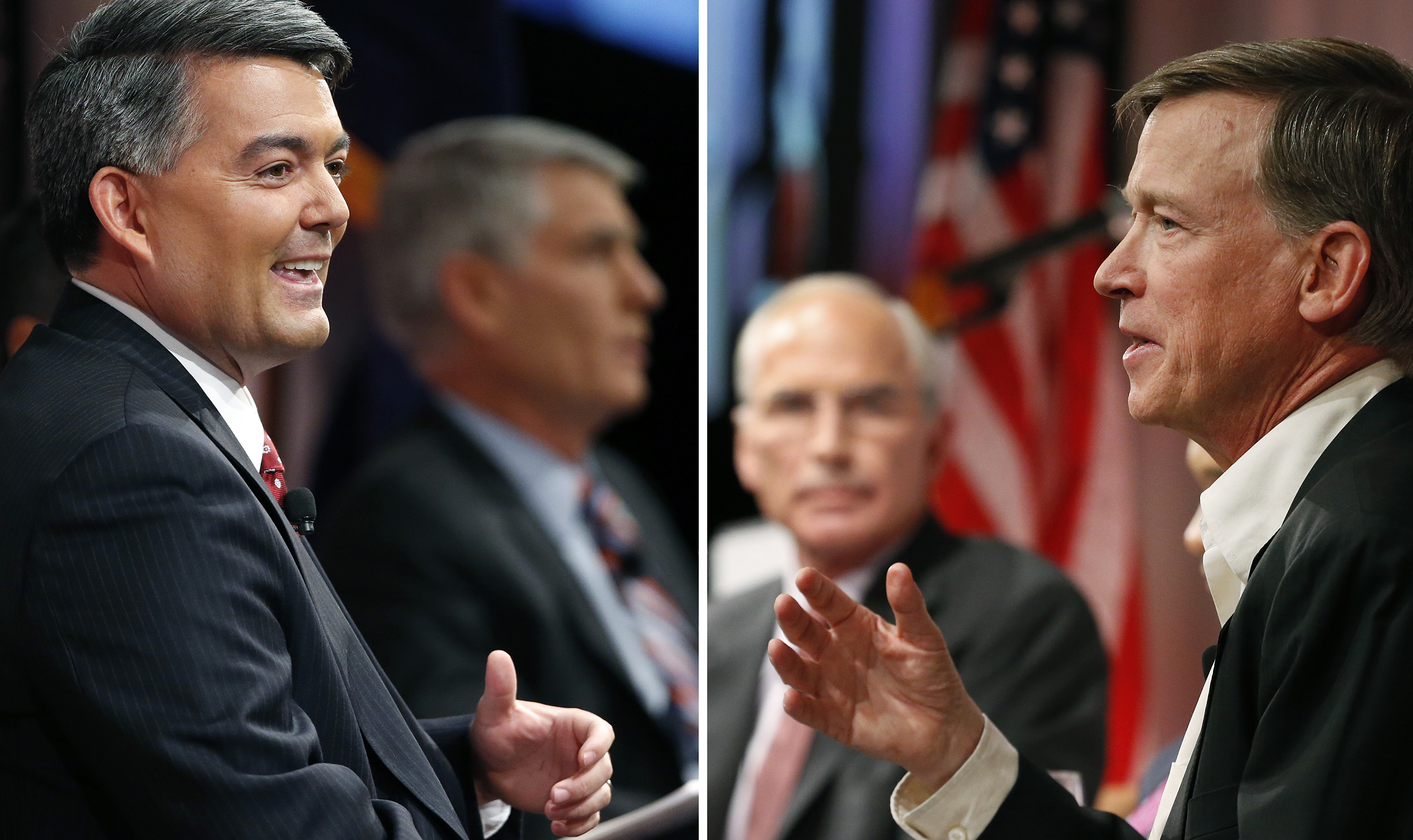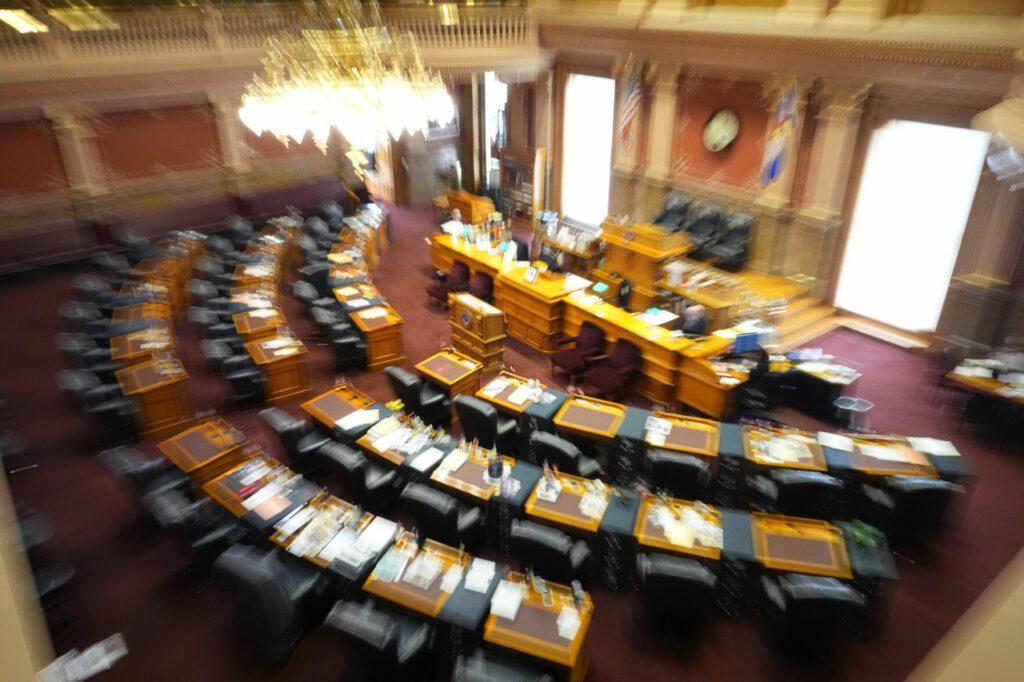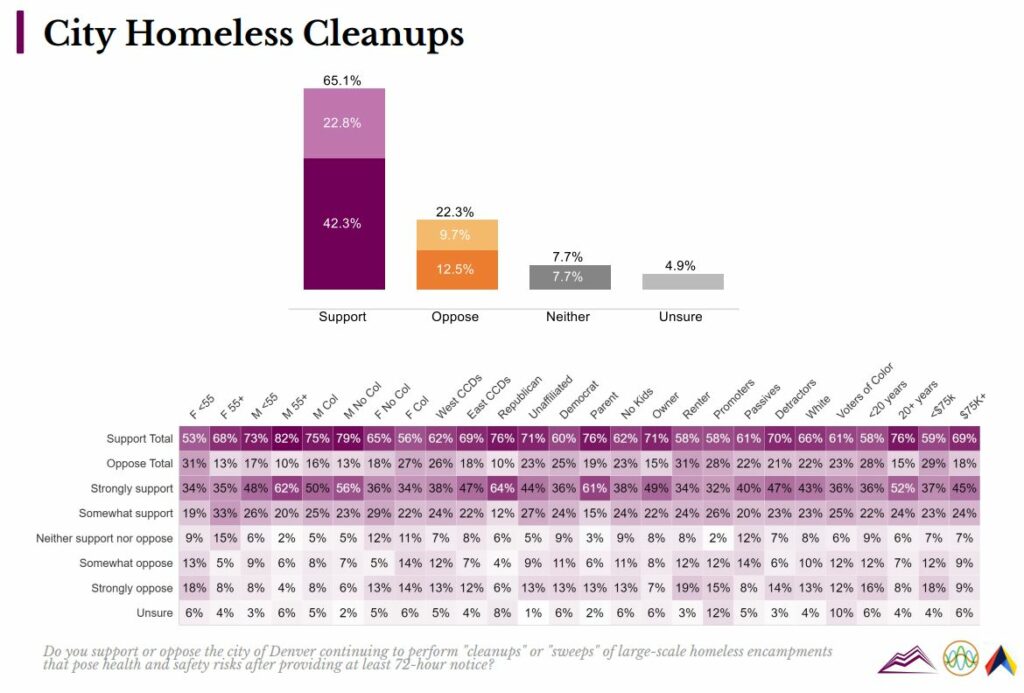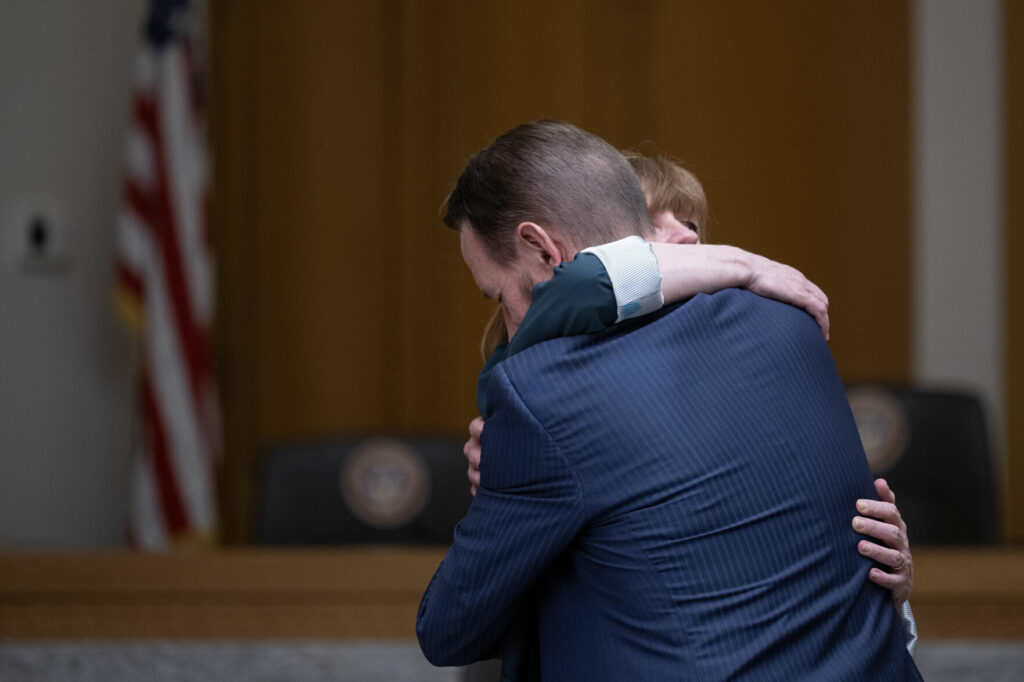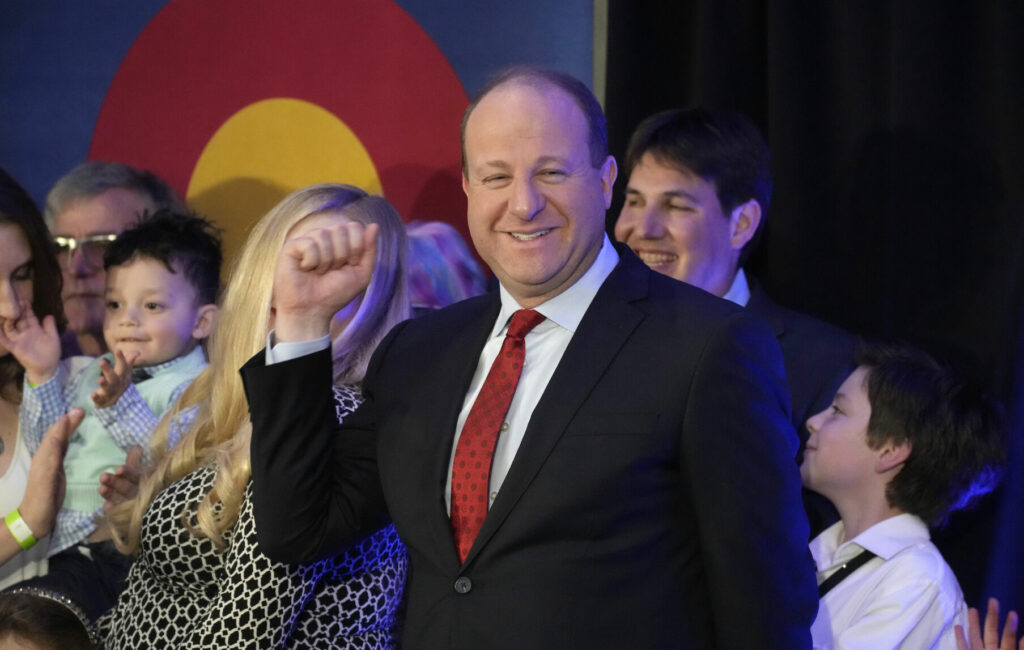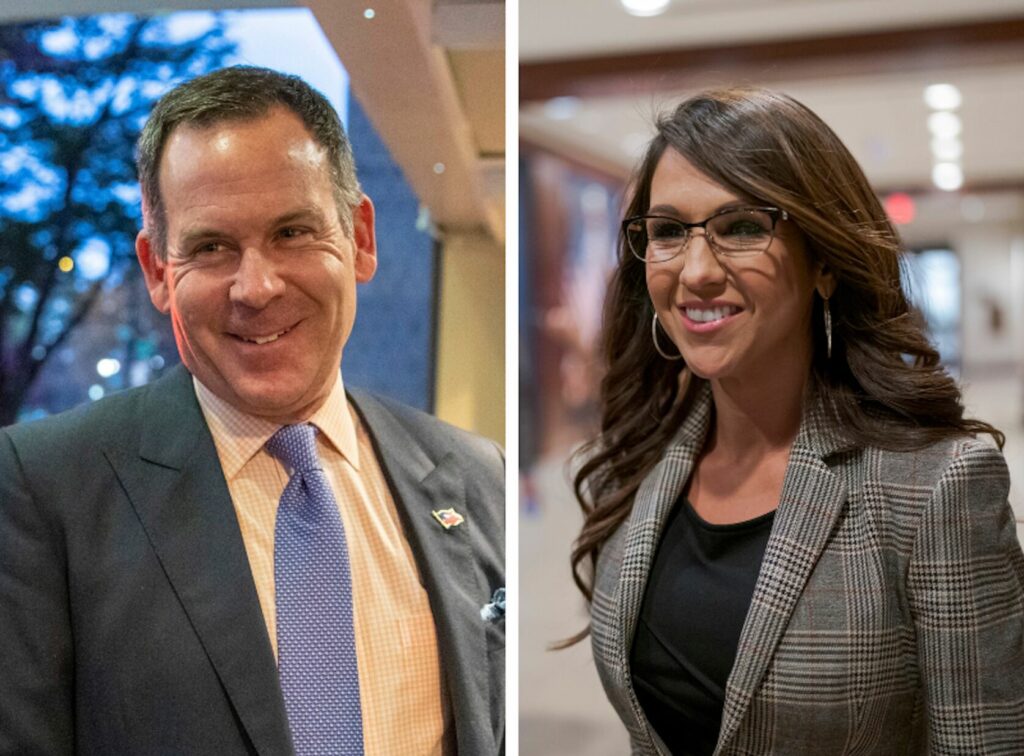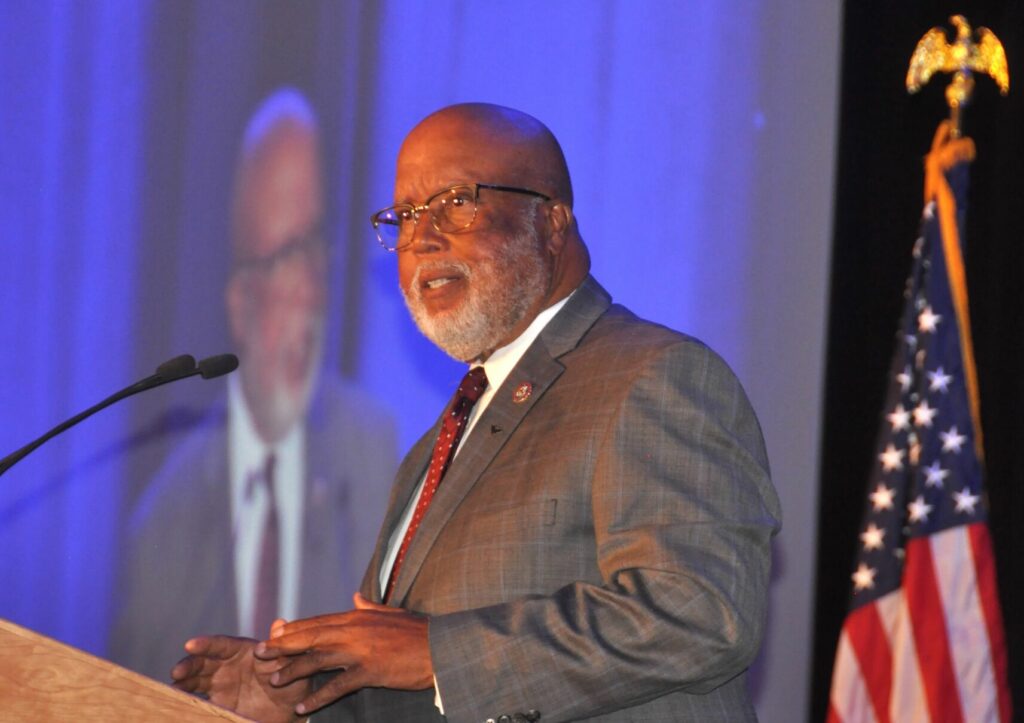TRAIL MIX | Mirror of 2014 election points to seismic changes in Colorado’s political terrain
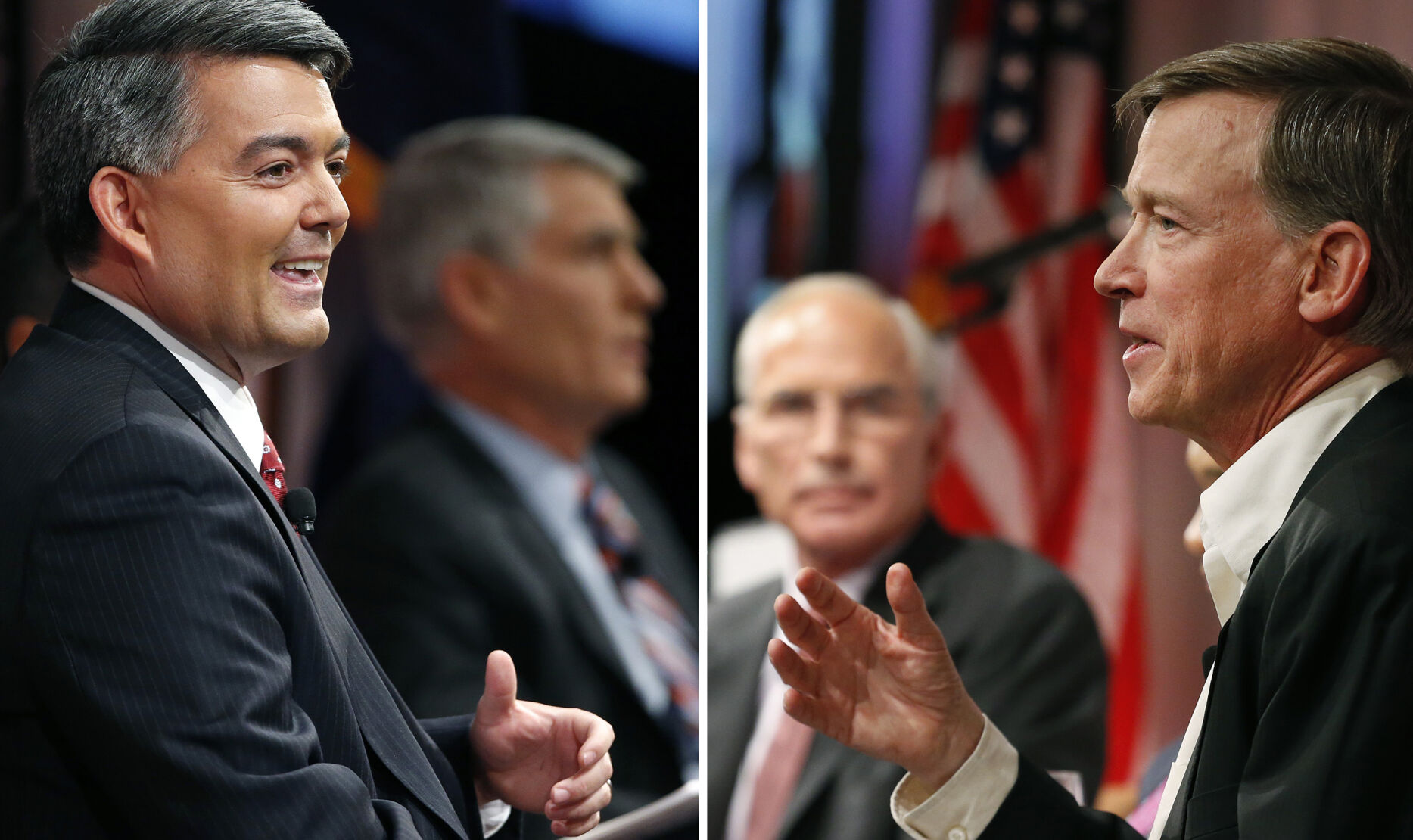
It was early October and the leaves were starting to turn on the Front Range, but had already been putting on a dazzling show in the high country.
Mail ballots were set to go out in just over a week to Colorado voters, who would decide whether to reelect the incumbent governor and U.S. senator, both Democrats, in the upcoming midterm election.
The Democrat who occupied the White House was seen as a drag on his party’s ticket with an upside-down approval rating in Colorado amid a moribund economy and divisive confrontations over how to confront a deadly virus with origins on the other side of the globe.
As the election neared, Democrats hammered the GOP Senate nominee over his positions on abortion, warning that the Republican couldn’t be trusted to preserve the rights enshrined generations ago in a Supreme Court ruling.
Sound familiar?
The not-so-distant mirror of Colorado’s 2014 election suggests how much – and how little – the state’s political terrain has changed in just eight years.
It was the last time Coloradans elected a senator and governor in the same year – the offices have different term lengths, so the races coincide in alternating four- and eight-year intervals, with the next occurrence in 2026 – and was also the last time voters split their ticket in top statewide races, something that happened routinely in the preceding decades.
In 2014, Gov. John Hickenlooper and his fellow Democrat U.S. Sen. Mark Udall were on the ballot, facing aggressive challenges from Republican former U.S. Rep. Bob Beauprez and then-U.S. Rep. Cory Gardner, respectively.
The Republicans attempted to saddle the incumbents with an unpopular president from the same party – Barack Obama – and blamed the Democrats for a sour economy, widespread fear of rising crime and surging deaths from drug overdoses as the opioid crisis saw addicts turn to readily available heroin.
Control of the state Senate was also up for grabs, with the Democrats’ thin majority hinging on competitive races in a handful of districts.
In the first week of October 2014, the news was filled with frightening stories about the rapidly spreading Ebola virus, which had infected an American journalist covering the outbreak in Liberia. In another development in the growing crisis, relatives of the first Ebola patient diagnosed in the U.S. were forced into isolation after they violated an order to stay at home and might have spread the disease. Republicans would make the Obama administration’s response to the contagion a campaign issue, calling for a firmer actions.
In Texas, a federal appeals court let stand a Texas law setting strict requirements for abortion clinics, leading to the immediate shut down of 13 of the state’s 21 clinics, a move decried by abortion rights supporters as an attack on women’s rights.
Republican National Committee Chairman Reince Preibus rallied the faithful at Colorado GOP headquarters in Greenwood Village and at a Mexican restaurant in Aurora, pledging that Republican organizers would show up in Hispanic communities long before elections in an effort to woo the fast-growing constituency.
State Treasurer Walker Stapleton, who was seeking a second term, told the crowd not to “be distracted” by the Democrats’ social issues and urged fellow Republicans to “focus on the issues that matter to our families, the economic issues.”
Beauprez said that Republicans offered Hispanic voters what they really wanted – less government. “We’re going to get government out of the way,” he said. “And, if it’s government that’s the problem, we’re going to grab it by the root and rip it out of the ground and throw it in the fire and get rid of it.”
State Democrats countered that Republicans appeared to have ignored their own postmortem on the 2012 election, when presidential nominee Mitt Romney’s share of the Hispanic vote fell to historic lows, by blocking the comprehensive immigration reform Priebus had earlier said the GOP had to embrace.
After the votes were counted weeks later – and Colorado successfully conducted its first all-mail ballot election – Hickenlooper defeated Beauprez and Gardner unseated Udall, both by slim margins. Riding the crest of a national wave that favored the GOP, Colorado Republicans swept the other statewide offices and took control of the state Senate, breaking the Democrats’ 10-year grip on the chamber.
It’s a different world eight years later, on the other side of the one-term Trump presidency and the lingering global COVID-19 pandemic and the body blow it dealt to the world economy, along with the former president’s ongoing denial that he lost the 2020 election and Russia’s invasion earlier this year of Ukraine.
Gardner is gone from the Senate, replaced last cycle by Hickenlooper, after the Democrat finished a second term as governor and mounted a brief, unsuccessful run for the presidency.
This year, it’s Democrat Gov. Jared Polis, Hickenlooper’s successor, and U.S. Sen. Michael Bennet seeking reelection, with wealthy entrepreneurs Heidi Ganahl and Joe O’Dea, respectively, running against them. Following redistricting, Republicans are making a play to regain the state Senate after Democrats won the gavel back four years ago.
Unlike in 2014, when a flood of battleground state polls predicted Udall’s loss and portrayed a toss-up gubernatorial race, however, the handful of polls released ahead of this year’s election suggest Polis and Bennet are headed for reelection by comfortable margins.
One difference could be the reemergence of the issue Udall made central to his campaign against Gardner, arguing that a vote for the Republican threatened access to abortion and even some contraceptives, citing the Republican’s previous, longstanding support for statewide personhood ballot measures, which could have effectively outlawed abortion.
Derided by pundits as fear-mongering over an issue made moot by the established precedent of 1973’s Roe v. Wade decision – “And contrary to Udall’s tedious refrain, Gardner’s election would pose no threat to abortion rights,” The Denver Post opined in its editorial endorsing Gardner – Udall’s chief campaign theme failed to move enough voters.
No one knows whether the surge in enthusiasm for Democrats that emerged followed this summer’s Supreme Court’s decision – dubbed “Roementum” by abortion rights advocates – will carry through the election. There are signs it might be ebbing and that the election will instead turn on voter dissatisfaction with inflation, above all. But there’s little question the abortion issue has upended the customary midterm dynamics, where the party in power suffers at the hands of angry voters. This year, voters on both sides are angry.
Colorado’s electorate has changed in the last eight years, too.
At the same point in 2014 – a week before ballots went in the mail and four weeks before they were due – the state counted more registered Republicans than Democrats, and though unaffiliated voters outnumbered members of either major party, it wasn’t by much. Of the nearly 3 million active voters, 36% were unaffiliated, 32% were Republicans and 31% were Democrats.
Fast-forward eight years, and the tables have turned. Of Colorado’s nearly 3.8 million voters, 46% are unaffiliated, 28% are Democrats and 25% are Republicans.
In another indication of the gulf between the 2014 election and today’s, that year’s cordial race for the open Colorado Secretary of State between former El Paso County Clerk Wayne Williams, the Republican, and Democrat Joe Neguse, a former University of Colorado regent, played out inexpensively and quietly, considered to be almost an after-thought.
This year, it’s among the highest-stakes and most expensive races on Colorado’s ballot, as Democrat Jena Griswold sets fundraising records in her reelection bid, running as a “champion” of free and fair elections, while underfunded Republican challenger Pam Anderson, a former Jefferson County Clerk, campaigns on a pledge to return the office to less politicized status.
